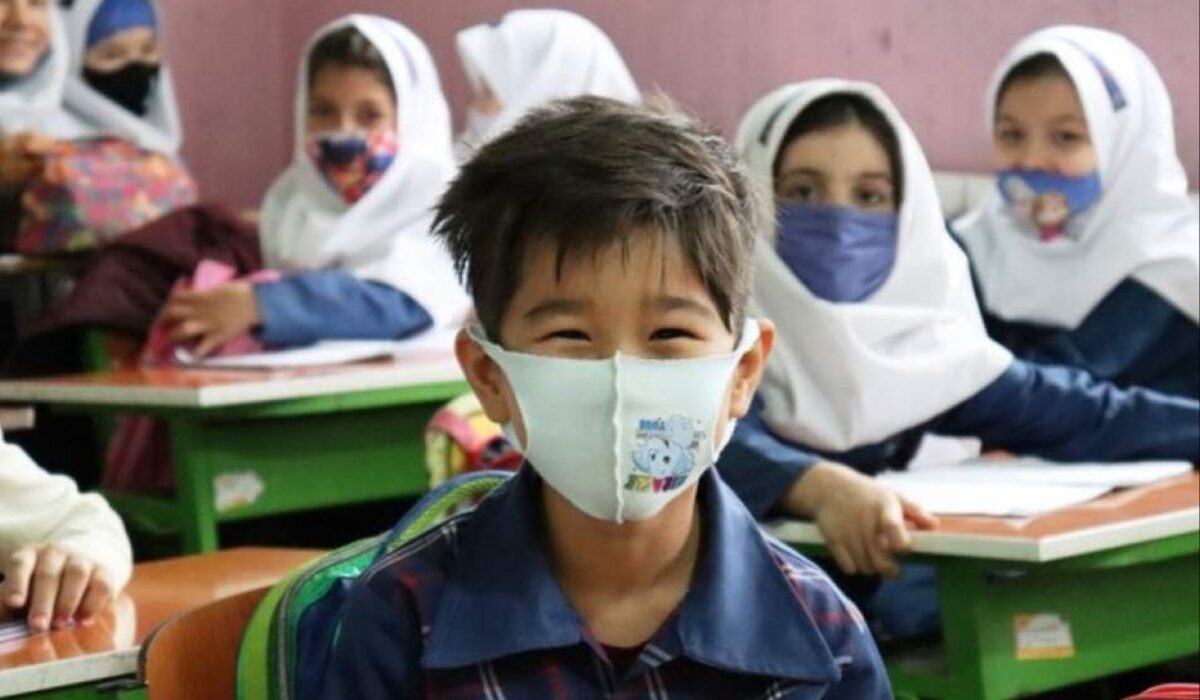Afghan migrant families in Iran are struggling with their children’s education due to a lack of proper documentation.
Despite possessing valid residency papers, parents say Iranian authorities refuse to enroll their children without specific migration documents.
Mohammad Zuhair, 8, an Afghan child who has been in Iran since age 6, is unable to attend school. “I’ve been here for two years and can’t enroll. My mother teaches me to read and write while my father works as a laborer,” Zuhair said.
His family, among many from Afghanistan, moved to Iran due to poverty and unemployment back home. Suraiya Farhadi, Zuhair’s mother, shared their struggles. “We’ve been here two years, trying to get our kids in school. We hired a tutor as I’m determined to prevent illiteracy,” she said.
Similar challenges are faced by Mohammad Younus and his family, who have lived in Iran for three years. “We can’t get enrolled in school, though my mother has residency papers,” Younus said. His grandmother, Bibi Jameela Farooqi, expressed their frustration with Iranian schools’ refusal to register migrant children.
Amid these challenges, civil rights activists in Iran have created alternative learning spaces for Afghan children deprived of formal education. Hadia Sahibzada, a child rights advocate, noted the additional difficulties Afghan children face in Iranian schools, including discrimination and extortion.
“Many Afghan children face humiliation and extortion in schools, leading to dropouts,” Sahibzada said.
The United Nations High Commissioner for Refugees (UNHCR) reports that 3.43 million Afghans had migrated to Iran by June 2023, with about one million arriving post-August 2021. However, Iranian Ministry of Interior data shows that by end-2022, around 700,000 Afghan citizens were enrolled in Iranian educational institutions.





